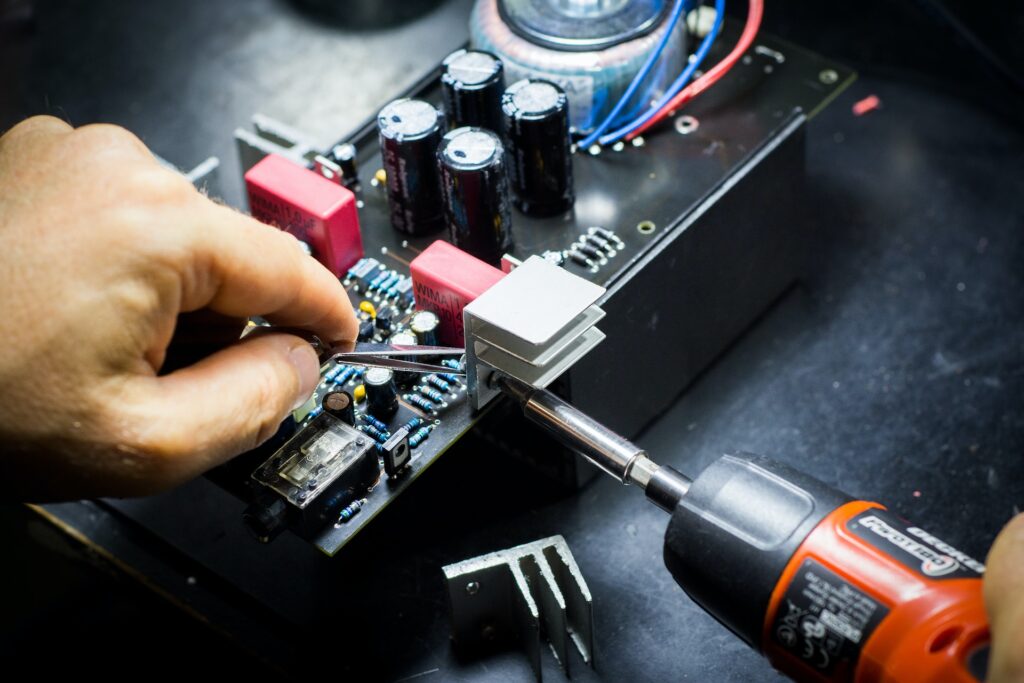Digital electronics is a branch of electronics that deals with the use of digital signals and logic gates to process, transmit and store information. It is an important field of study for electronic students who wish to design, develop, and troubleshoot digital systems.
Digital electronics differs from analog electronics in that it uses binary digits (bits) to represent information. These bits can be either 0 or 1, and they are used to represent discrete values of information. In contrast, analog electronics uses continuous signals to represent information.
Digital electronics are based on logic gates, which are basic building blocks that can perform Boolean logic operations such as AND, OR, and NOT. These gates are combined to form more complex circuits that can perform more complex logic functions.
One of the most significant advantages of digital electronics is that it is highly reliable and resistant to noise and distortion. Digital signals can be transmitted over long distances without losing their quality, and they can be easily manipulated and processed.
Some of the most common applications of digital electronics include computers, digital cameras, cell phones, and other consumer electronics devices. These devices rely on digital electronics to process, store, and transmit data.
For example, a digital camera uses a digital signal processor to convert the analog signal from the camera’s image sensor into digital data that can be stored on a memory card. Similarly, a cell phone uses digital electronics to process voice and data signals, which are then transmitted over a digital network.
Another real-life application of digital electronics is in the field of control systems. Digital control systems use microcontrollers or microprocessors to process inputs and outputs in a highly efficient and precise manner. These systems are widely used in industries such as manufacturing, automotive, and aerospace, where precision control is critical.
In conclusion, digital electronics is a critical field of study for electronic students who wish to design, develop, and troubleshoot digital systems. Its importance can be seen in the many applications where digital electronics are used, such as computers, digital cameras, cell phones, and control systems. By understanding the principles of digital electronics, electronic students can develop the skills and knowledge necessary to work in a wide range of industries and fields.
